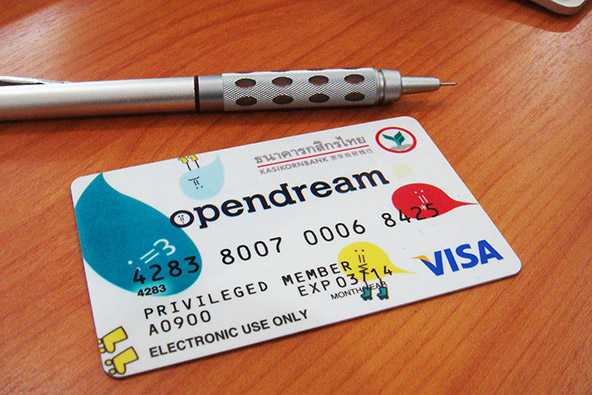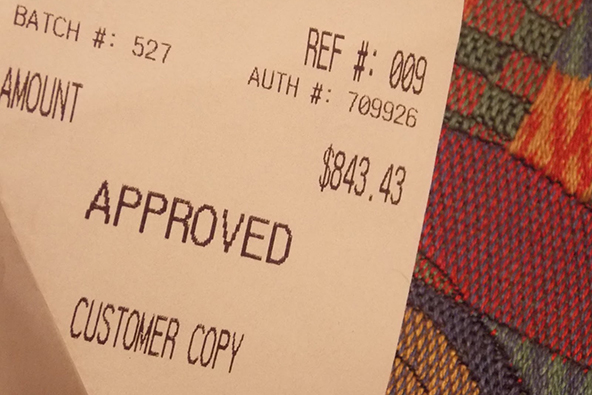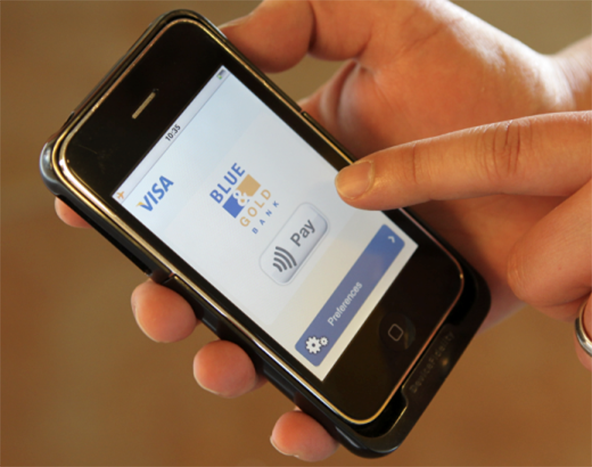Why Are Credit Card Companies Discarding Late Fees?

The Wall Street Journal’s Andrew R. Johnson reports that three big banks are now running credit card programs, which feature no penalty charges for late or even missed payments. Not only would none of these issuers assess a one-time late fee, but they would not even apply penalty interest rates, we learn.
Now, why would credit card companies do such a thing at a time when most of them are still feverishly looking for new revenue streams to make up for the huge losses they suffered when the Federal Reserve cut the debit interchange fees by 45 percent back in 2011? It is true that Discover and American Express were unaffected by the debit fee cut, as both issue only credit cards, but the scheme was actually pioneered by someone else and, anyway, AmEx is not on the no-late-fee issuer list, at least not yet. Well, it seems to me that this may be a marketing ploy in these issuers’ strategies to attract better-quality, higher-spending cardholders, who are unlikely to miss a payment in the first place. Oh, and by the way, fee or no fee, missing a payment is always a terrible idea.
Who Is on the No-Late-Fee Bandwagon?
So Discover, Citigroup and Barclays are now issuing credit cards with no late fees and penalty interest rates. The three issuers’ programs differ from one another and here is what Johnson has to say about each one of them:
Its new Discover It card, introduced this month, advertises no annual fees or penalty rates, and it waives late fees the first time a customer is delinquent.
…
Citigroup’s Citi Cards unit, the third-largest credit-card issuer based on outstanding loans, was the first to make such a move when in 2011 it rolled out its Simplicity card. But unlike Discover, Citi Simplicity has no late fees regardless of how many times a customer has paid late. It also doesn’t apply penalty interest rates, which are near 30% at some banks, or an annual fee.
…
Barclays’ Barclaycard unit last year began marketing the Ring card, a credit card whose users are part of an online community with the ability to vote over how some of the product’s profits are used. The card gives users the ability to waive one late fee annually and charges no penalty rate for late payers.
In addition to these three issuers, Johnson tells us, Wells Fargo and U.S. Bancorp also don’t apply penalty interest rates, but he doesn’t say whether either bank charges one-time late fees.
Why so Lenient?
Johnson points to recent legislation as a potential cause for the issuer’s newly-discovered charitable streak:
Part of the shift, experts say, is due to regulations imposed by the CARD Act, which took effect in 2010 and limited lenders’ ability to charge late fees, increase interest rates and change other account terms.
For example, lenders now must give 45 days advance notice of interest-rate increases in certain situations. The rules also limit the size of late fees to $25 on the first instance and up to $35 the second time a borrower is late within a six-month period, though banks are able to charge more if they demonstrate to regulators that their costs are higher.
That explanation makes no sense to me. The CARD Act did indeed place limits on the penalty amounts, but did not ban the fee. So why would issuers feel compelled to scrap the fee on their own, rather than merely comply with the law?
Johnson is on firmer footing when he makes the following statement:
While some banks already have moved to eliminate much-maligned penalty pricing across their card portfolios, Discover and others have gone a step further by using the fee changes as a marketing tool.
I believe that marketing is the key to understanding what these issuers are actually up to here. Firstly, it should be pointed out that Discover It, Citi Simplicity and Barclaycard Ring are all top-of-the-line card programs, which is to say that they are reserved for the best-qualified applicants. Such consumers also happen to be the least likely ones to be late on a payment and when they are, it is usually caused by an oversight, in which case the issuer is typically more than willing to reverse the charge. On the other hand, while it is unlikely that such a customer group would generate a significant volume of late fees for the issuer, eliminating the fee altogether may well be enough to tip the scale toward gaining them as customers in the first place. Keep in mind that these consumers can get any card they want and things like eighteen-month zero-percent promotional interest rates on purchases and balance transfers are now taken for granted, so you need to get creative elsewhere. And forgoing the penalty fees might just do the trick.
The Takeaway
Now, it must be pointed out that, whatever the issuers’ reasons for doing away with the late payment charges, not paying on time is nevertheless a terrible idea. Whereas if you are only late by a few days, you would certainly benefit from not being penalized, a longer delay, say skipping a billing cycle, would cause your account to become delinquent and reported as such to the credit reporting agencies. A delinquency remains on your credit file for no less than seven years, significantly damaging your credit score—and your ability to borrow on good terms, if at all—in the process. So fee-free in this case does not equal penalty-free.
Image credit: Wikimedia Commons.


